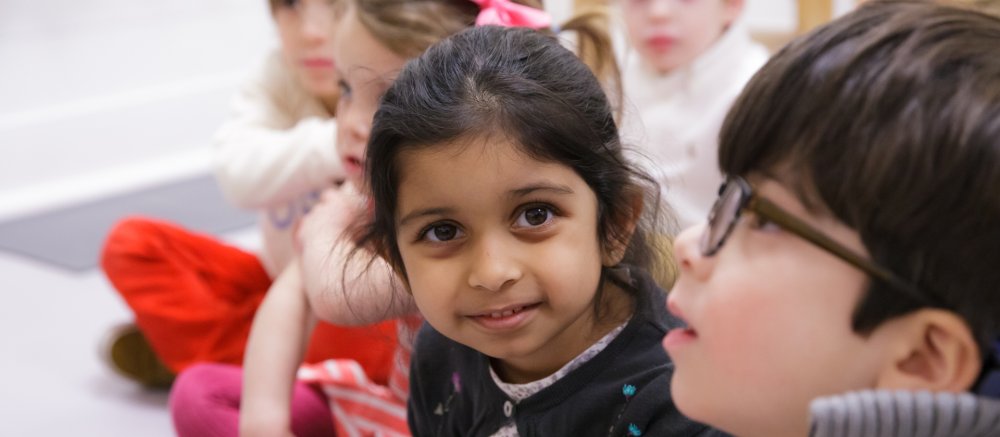We are happy to answer any questions you may have about REDS.
What are the class sizes at REDS?
In the toddler program, there are 12 children. In the primary program, there are 20 children.
Are all Montessori programs the same?
No, REDS is proud to be the only AMI-recognized member school in New York City with all AMI-trained guides. The Association Montessori International (AMI) was founded by Dr. Maria Montessori herself in 1929 to maintain authenticity in the training of teachers and the accreditation of schools.
What does it mean to be a three-year program?
The primary children remain in the same casa for three years, from 2.9 to 6 years old. This provides the children with an important measure of consistency while also allowing for special learning and leadership opportunities as they grow from being the youngest members of their peer community to the eldest.
Do young children need to be toilet-trained?
To enter the toddler program, children do not need to be toilet-trained; once phase-in ends, children will begin to wear underwear. To enter the primary program, the children do need to be toilet-trained. A helpful resource to better explain our approach to this process is Toilet Awareness by Sarah Moudry.
Do you offer before- or after- school child care?
We do not offer before-care or after-care. Please see more information about our after-school programs for primary children here.
How do REDS and families work together?
The guides work closely with families to respond to the individual needs of every child enrolled at REDS. Through their communication the guides offer in-depth observations regarding the children’s experiences at school and the best way these experiences can be supported at home.
What can I expect in terms of communication from the school?
There are many points of contact for families with their child’s guide as well as with the administration and the REDS Parent Association (RPA). Formally, there are two observation periods and parent-teacher conferences each year - one in November and one in the late spring - as well as a winter check-in. Other learning opportunities occur in the form of informal check-ins with your child’s guide, our annual Lecture Series, the Head of School’s Thursday Letter, and many more.










